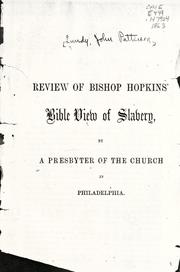Disabilities are restrictive and limiting. Entire elements of events can be missed depending on the impairment that is reality. In Ambrose Bierce’s Chicamagua, a little boy’s entire life is completely altered and he has no clue that any of it is going on until he stumbles upon his mother. Bierce does a fantastic job of portraying the boy as just a normal child, out playing by the river and interacting with animals.
When the boy sees the men, he hurries to the front of their weak and struggling pack to be their strong leader. Because of his age, he is naïve to the true nature of what is happening. Bierce managed to avoid identifying any impairment until the very end. The entire time, the child seems to be nothing more than a little boy who is enjoying “playing war” and leading his men. He laughs at them struggling along and compares their faces, covered in blood, to the clowns that he saw at the circus. He is missing a large part of the context that is going on. Perhaps his cluelessness would’ve been lessened if he had been able to hear the events that had occurred during his nap, but due to his deafness, there was no opportunity for this supplemental information.
The acknowledgement of his disability brought to light the reality of the situation. If he had the ability to hear, he would have heard the gunshots that had occurred right by him and, because he is a little boy, gone home to his mother. This might have led to him communicating to her what was occurring nearby and led to a decision to leave the area for safety purposes. Unfortunately, the reality of the war was unbeknownst to the boy, and thus he had no idea that there were any guns being fired. The discovery of his mother was completely unexpected – he was wandering toward the fire excitedly because it fascinated him. It seemed throughout the story that his major impairment was simply that he was a child and unaware of the harsh realities of the war, but the reveal of his physical impairment brought to light the true reason behind his naïve nature.
The outcome of his mother’s story causes me to wonder if he was in fact able to hear, if she might have survived. With that being considered, did his deafness and his disability evidently have the ultimate negative impact on those who loved him?



